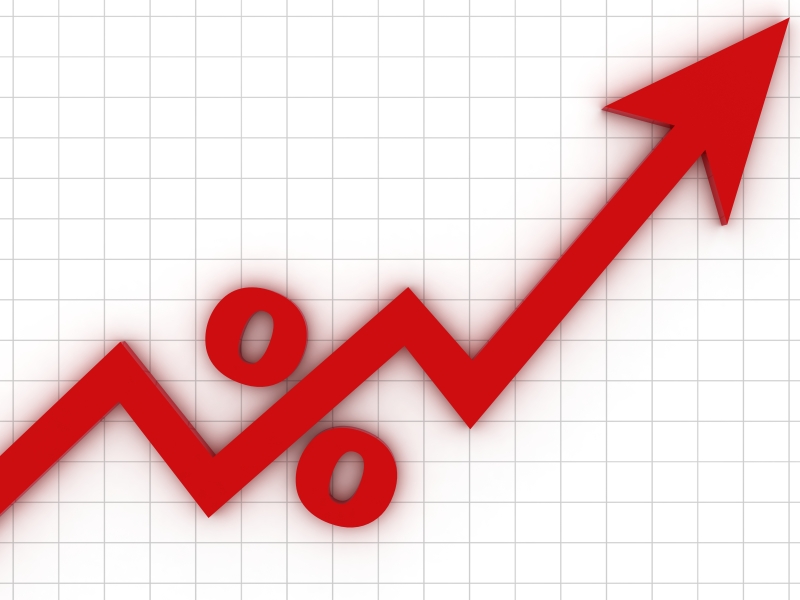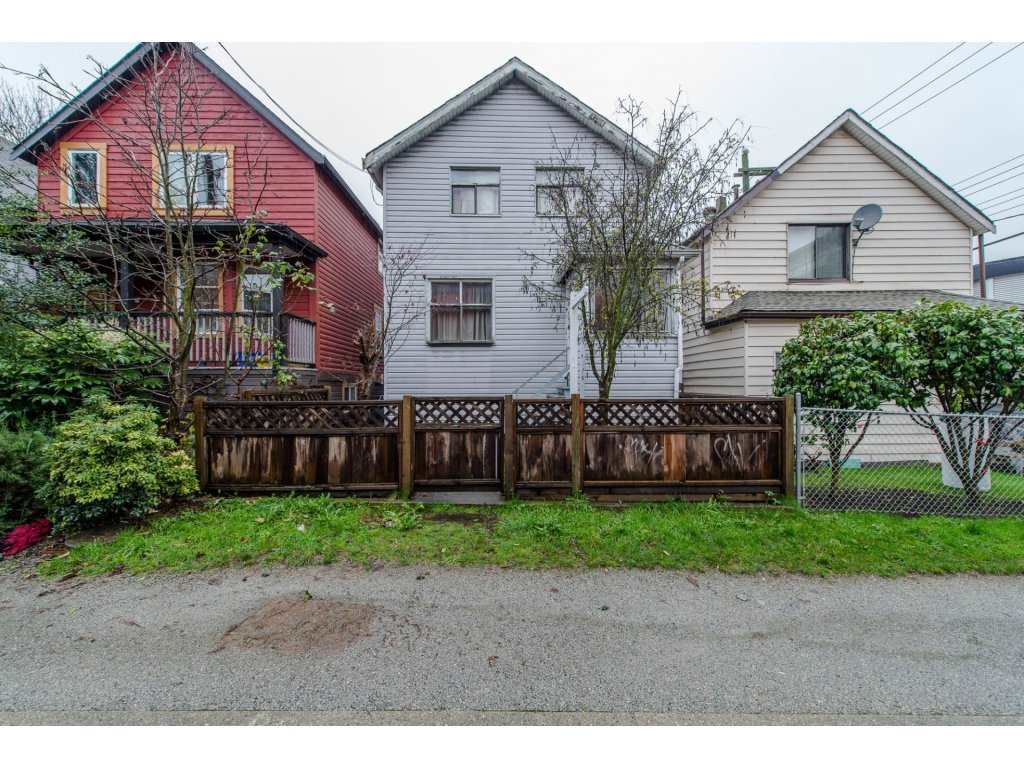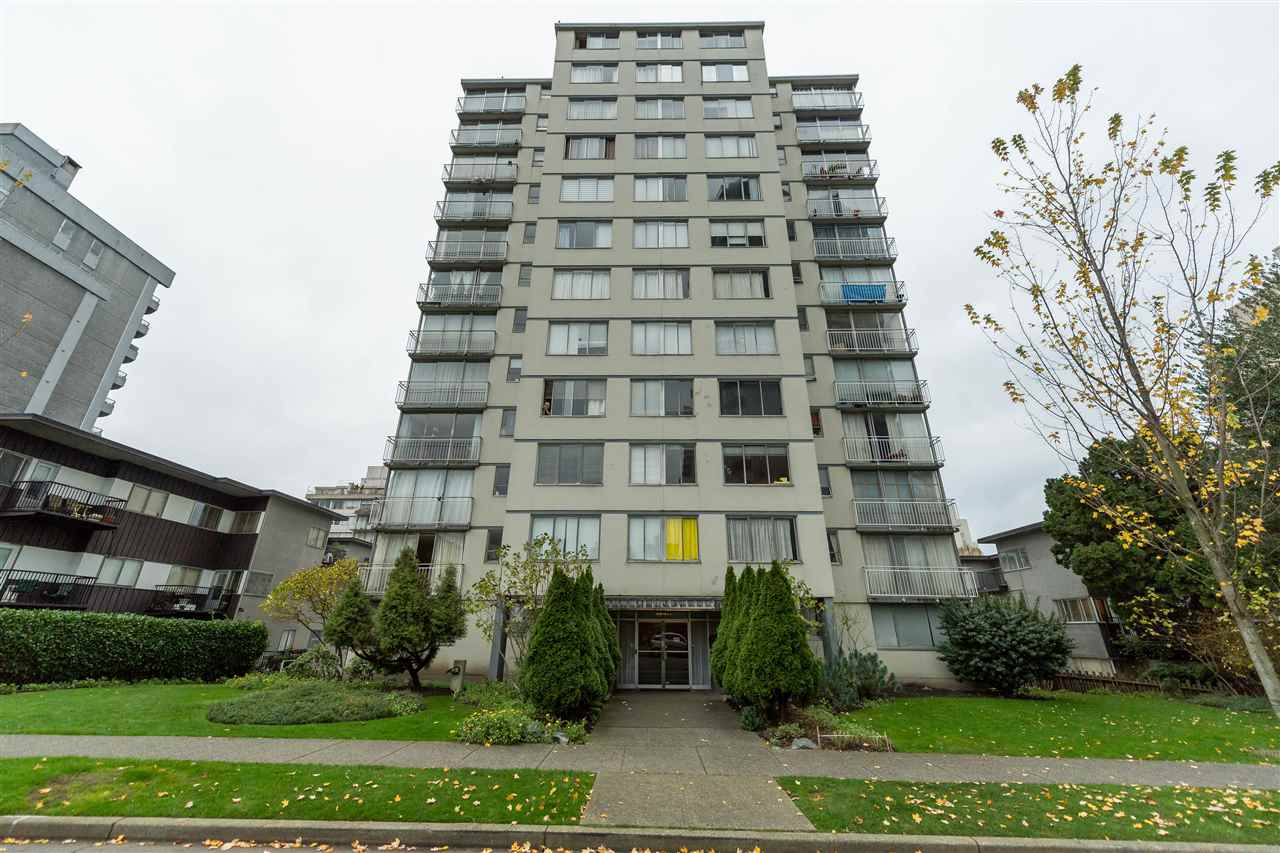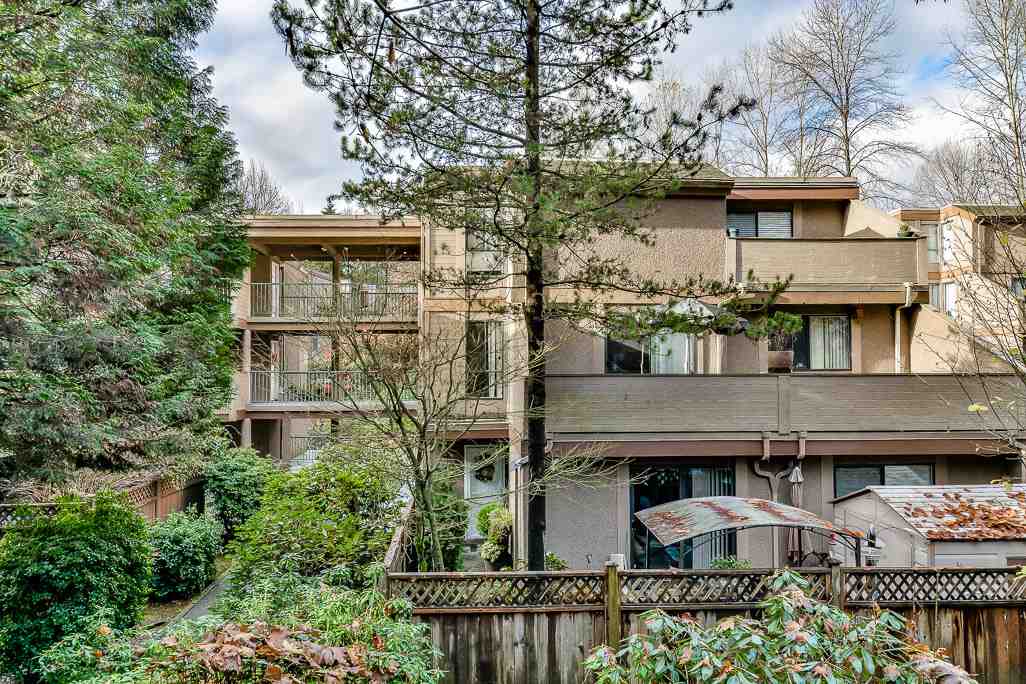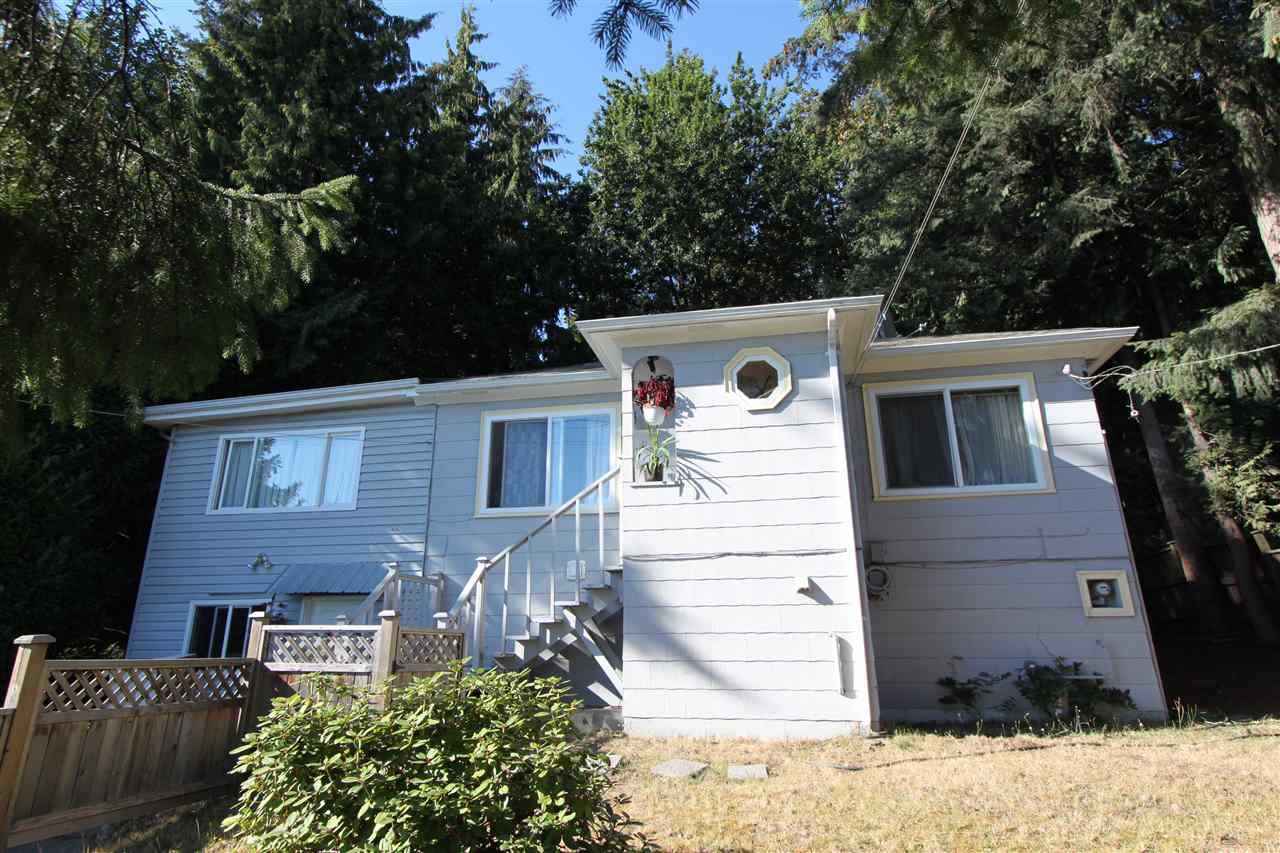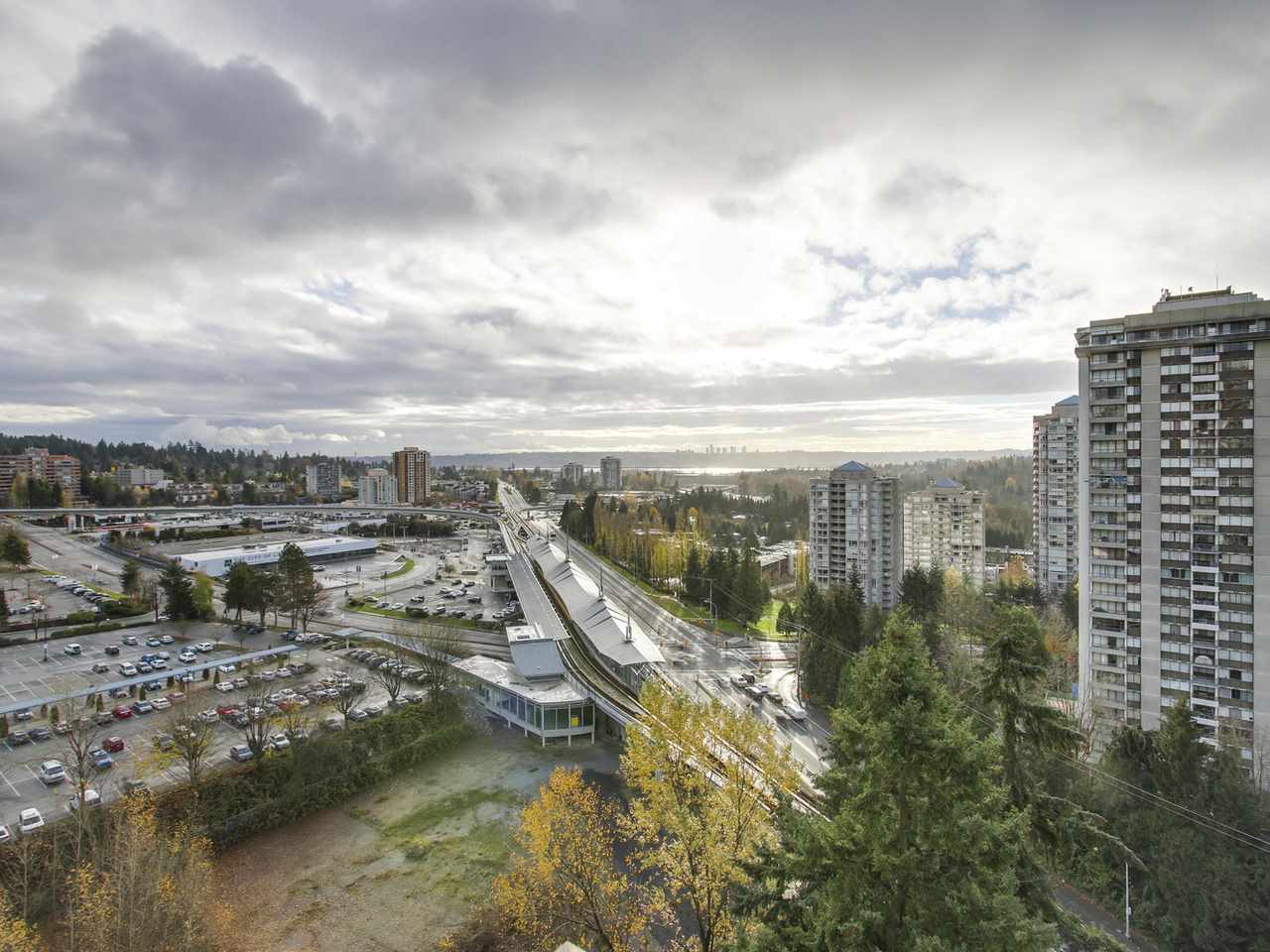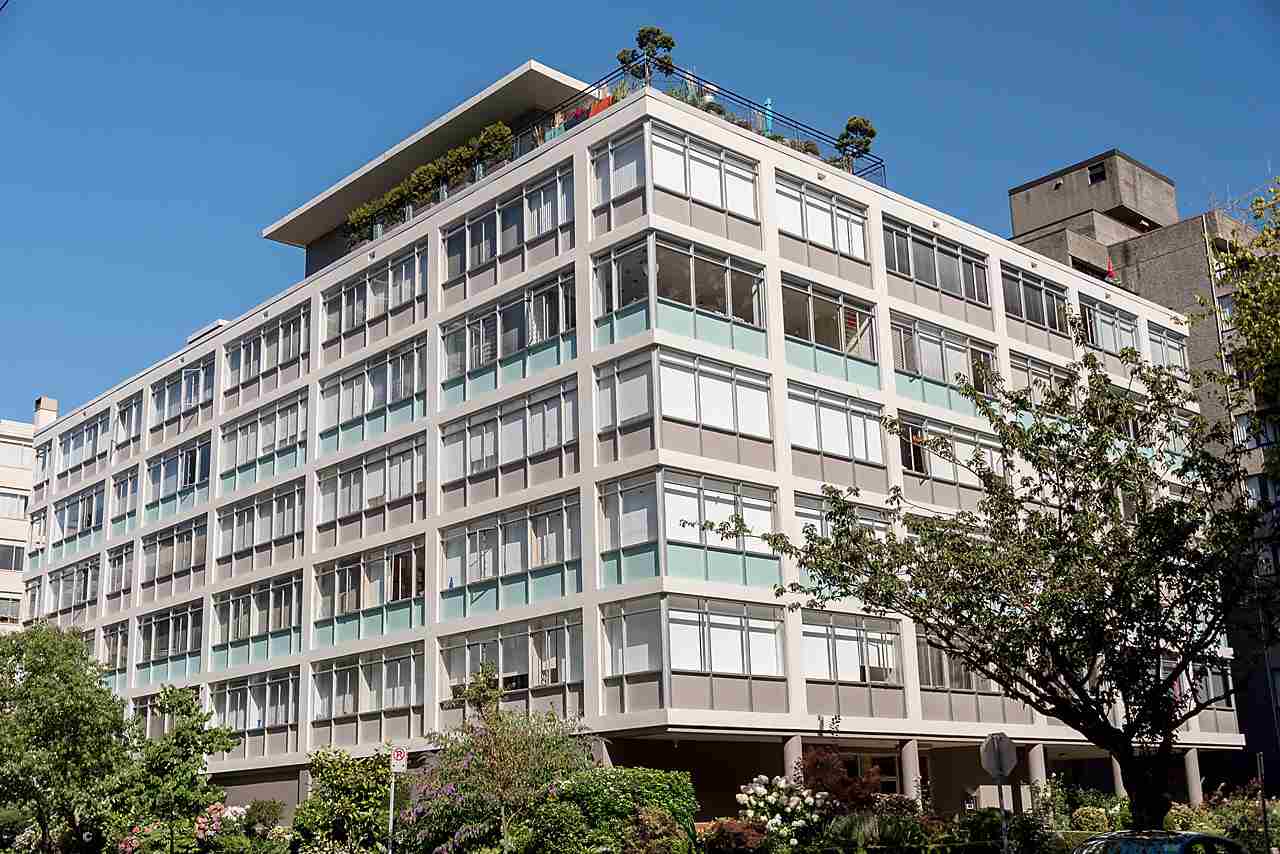
Here is a first look and a detailed breakdown of the downtown Vancouver condo market. In this article we’ll be looking at one bedroom (and studio) resale units. Townhouses are excluded from these statistics. Brand new construction is also excluded.
Average Sales Price of one bedroom condo units in downtown Vancouver in January 2017 (see graph below)
Coal Harbour: $726,686 | +36.2% (change since January 2016)
Downtown VW: $571,742 | +21.6% (change since January 2016)
West End: $458,000 | -0.8% (change since January 2016)
Yaletown: $565,006 | +8.3% (change since January 2016)
For the most part, downtown Vancouver one bedroom condo prices continue to go up. We see great numbers from neighbourhoods like Coal Harbour and Downtown VW. Last month, Coal Harbour had a little “dip” in the prices; it is clear now that it was a market anomaly and not a trend.
Average Percent to Original Price one bedroom condos in downtown Vancouver sold for in January 2017 (see graph below)
Coal Harbour: 95.8% | -3.9% (change since January 2016)
Downtown VW: 99.3% | -4.6% (change since January 2016)
West End: 99.3% | -3.5% (change since January 2016)
Yaletown: 100.1% | -3.9% (change since January 2016)
Across all downtown Vancouver neighbourhoods condos are selling for very close to their original asking prices. From my experience, most units are still receiving multiple offers.
Average Price Per Square Foot for one bedroom condos in downtown Vancouver in January 2017 (see graph below)
Coal Harbour: $1,093 | +27.2% (change since January 2016)
Downtown VW: $919 | +13.6% (change since January 2016)
West End: $757 | +12.5% (change since January 2016)
Yaletown: $1,043 | +25.4% (change since January 2016)
Yaletown and Coal Harbour neighbourhoods have seen the largest increase in the price per square foot as compared to January 2016. Yaletown reached $1,000 per square foot in December 2016 and continues increasing.
Total Inventory of one bedroom condos for sale in downtown Vancouver in January 2017 (see graph below)
Coal Harbour: 14 | -6.7% (change since January 2016)
Downtown VW: 69 | +11.3% (change since January 2016)
West End: 28 | -15.2% (change since January 2016)
Yaletown: 31 | +181.8% (change since January 2016)
We continue seeing record low inventory levels. Low inventory on the marketed paired with a strong buyers’ demand and low interest rates are the primary forces driving downtown condo prices.
New Listings of one bedroom condos for sale in downtown Vancouver in January 2017 (see graph below)
Coal Harbour: 9 | -25.0% (change since January 2016)
Downtown VW: 67 | -5.6% (change since January 2016)
West End: 19 | -32.1% (change since January 2016)
Yaletown: 34 | +100.0% (change since January 2016)
January is usually a slower month for new listings in downtown Vancouver. January 2017 has seen some of the lowest new listing numbers ever.
Total number of one bedroom condos sold in downtown Vancouver in January 2017 (see graph below)
Coal Harbour: 7 | +16.7% (change since January 2016)
Downtown VW: 26 | -29.7% (change since January 2016)
West End: 12 | -14.3% (change since January 2016)
Yaletown: 18 | +5.9% (change since January 2016)
Due to the low inventory levels and a very few new listings on the market, we see low number of the total sales.
Sales to Active Listings Ration of one bedroom condos in downtown Vancouver in January 2017 (see graph below)
Coal Harbour: 0.500 | +25.0% (change since January 2016)
Downtown VW: 0.377 | -36.9% (change since January 2016)
West End: 0.429 | +1.2% (change since January 2016)
Yaletown: 0.581 | -62.4% (change since January 2016)
Based on sales to active listings ratio the one bedroom condo market in downtown Vancouver continues to be a strong sellers market in January 2017.
In conclusion, 2017 started strong for the one bedroom condo market in downtown Vancouver. Prices continue increasing across all downtown neighbourhoods. There was plenty of buyer demand and low levels of inventory in January 2017.

